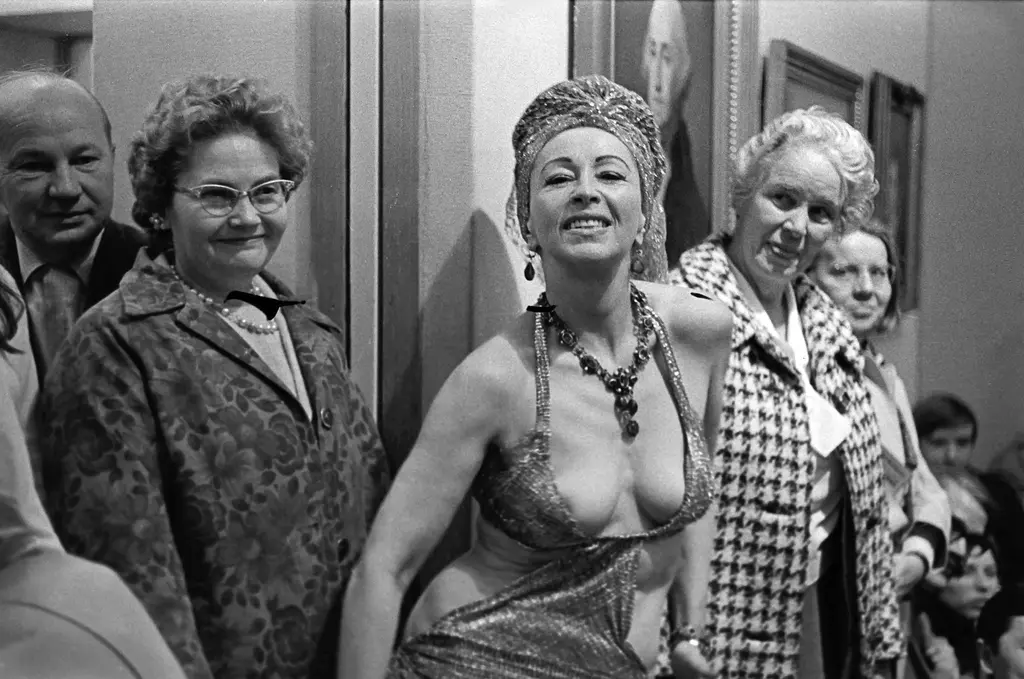What’s the easiest way to reduce our impact on the planet?
- Text by HUCK HQ

“There is no business to be done on a dead planet,” Patagonia founder Yvon Chouinard likes to remind us. But despite the growing awareness of climate change, most business models still rely on a cycle of consumption: low cost, disposable products that end up sucking up huge resources and creating mountains of waste. In today’s throwaway culture, repairing things can feel like a radical act.
Since Chouinard laid out his philosophy for sustainable business decades ago, Patagonia have been trying to live up to his noble ambitions. As they’ve found, juggling sustainability with commercial survival can be tough – but it’s the only way to go.
The Worn Wear programme began in 2013, prompted by the knowledge that one of the simplest ways we can reduce our environmental impact is not to buy more stuff, but to make what we have last longer. The Worn Wear Tour, which travels through the UK and Europe this April and May, will be offering free repairs to busted zippers, rips and tears at each stop – as well as sharing the skills people need to fix their own gear.

If it seems counter-intuitive to offer advice that makes its customers less likely to buy more new stuff, that’s just one of the challenges of trying to run a sustainable business. “The first part is acknowledging that Patagonia is also part of the problem,” explains Mihela Hladin, Patagonia’s Environmental & Social Initiatives Manager. “By facing up to the fact that we are part of the problem we are able to stay focused on specific things Patagonia can do to reduce our footprint. Worn Wear is an example of this. We commit to everything we make for its entire lifecycle, not just until the moment someone buys something from us. A transaction becomes a partnership – a shared responsibility between Patagonia and the owner to keep gear in for use for as long as possible.”

In a culture that’s fascinated by shiny new stuff, it can be difficult to appreciate the value of making-do and mending. But for Patagonia climbing ambassador, Sean Villanueva O’Driscoll, whose kit has accompanied him on expeditions all around the world, “A piece that is full of patches and repairs has a spirit. It has a story attached to it!” he says.
As the culture of making clothing and other essentials last longer has died out, so too have the skills we need to repair things. Patagonia have a tough battle on their hands in attempting to affect a cultural shit and helping restore the practical skills necessary to make more sustainable behaviour possible.


“As many of us are living in the cities today, shopping for new became our daily convenience. With environmental changes, a lot of individuals are looking for ways to reduce our own personal environmental impact,” Mihela explains. “It requires a shift in mindset – from consumption, to ownership. As owners we care for and repair our gear, rather than disposing of it and buying new things when we don’t truly need it. Keeping our stuff in use for as long as possible is the simplest, most effective way all of us can have a positive impact on the environmental crisis.”
Find out more about Patagonia’s Worn Wear Tour, hitting spots in the UK and Europe through April and May.
Enjoyed this article? Like Huck on Facebook or follow us on Twitter.
You might like

Capturing life in the shadows of Canada’s largest oil refinery
The Cloud Factory — Growing up on the fringes of Saint John, New Brunswick, the Irving Oil Refinery was ever present for photographer Chris Donovan. His new photobook explores its lingering impacts on the city’s landscape and people.
Written by: Miss Rosen

Susan Meiselas captured Nicaragua’s revolution in stark, powerful detail
Nicaragua: June 1978-1979 — With a new edition of her seminal photobook, the Magnum photographer reflects on her role in shaping the resistance’s visual language, and the state of US-Nicaraguan relations nearly five decades later.
Written by: Miss Rosen

A visual trip through 100 years of New York’s LGBTQ+ spaces
Queer Happened Here — A new book from historian and writer Marc Zinaman maps scores of Manhattan’s queer venues and informal meeting places, documenting the city’s long LGBTQ+ history in the process.
Written by: Isaac Muk

Nostalgic photos of everyday life in ’70s San Francisco
A Fearless Eye — Having moved to the Bay Area in 1969, Barbara Ramos spent days wandering its streets, photographing its landscape and characters. In the process she captured a city in flux, as its burgeoning countercultural youth movement crossed with longtime residents.
Written by: Miss Rosen

In photos: 14 years of artist Love Bailey’s life and transition
Dancing on the Fault Line — Photographer Nick Haymes’s new book explores a decade-plus friendship with the Californian artist and activist, drawing intimate scenes from thousands of pictures.
Written by: Miss Rosen

Dalia Al-Dujaili: “When you’re placeless, nature can fill the void”
Babylon, Albion — As her new book publishes, the British-Iraqi author speaks about connecting with the land as a second-generation migrant, plants as symbols of resistance, and being proud of her parents.
Written by: Zahra Onsori


